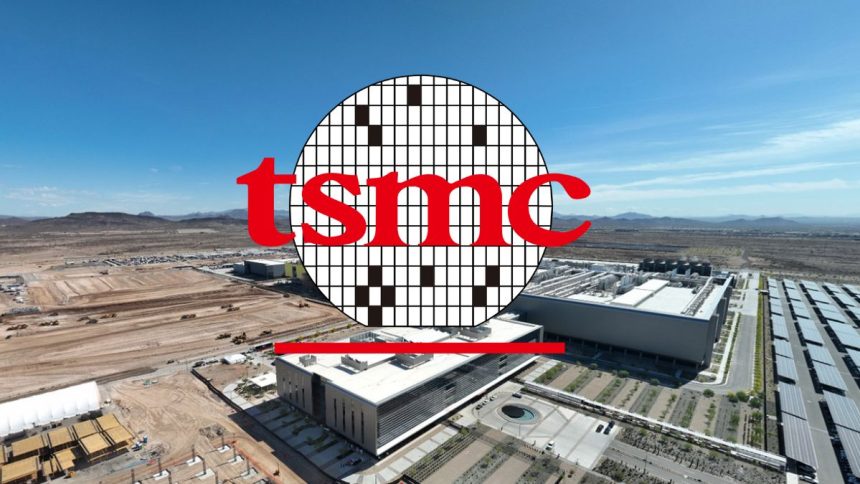Three employees of Taiwan Semiconductor Manufacturing Company (TSMC), including current and former staff, have been arrested in Taiwan for allegedly stealing trade secrets related to the company’s advanced 2nm chip development. This is the first case to be prosecuted under Taiwan’s amended national security law, which includes specific provisions to protect “national core technologies” such as cutting-edge semiconductor manufacturing. The suspects face up to 12 years in prison and fines reaching NT$100 million (around $3.3 million).
The investigation began after TSMC’s internal monitoring systems detected unusual access to sensitive files. Further inquiry revealed that the individuals had obtained proprietary technology secrets, prompting TSMC to take disciplinary actions and initiate legal proceedings. The arrests occurred between July 25 and 28 and included two current employees and one former employee surnamed Chen. Prosecutors have yet to disclose more details as the judicial process is ongoing.
TSMC is a critical player in the global semiconductor industry, producing over 90% of the world’s most advanced chips for companies like Apple and Nvidia. The company is pioneering 2nm process node technology, which promises faster performance and lower power consumption compared to previous generations. Because of its technological leadership and significant market share—TSMC’s manufacturing contributes roughly 8% to Taiwan’s GDP and 12% to its exports—it remains a prime target for industrial espionage and intellectual property theft.
The arrests highlight the intense competition within the semiconductor industry and the heightened efforts by Taiwan to protect its strategic assets. Notably, prosecutors also searched the premises of Tokyo Electron, a Japanese chip tool maker, suggesting a broader investigation into the semiconductor supply chain. Taiwan’s national security law now imposes strict penalties for the unauthorized use or disclosure of core technologies, reflecting the high importance of these innovations to national interests and global tech markets.
TSMC has reiterated its zero-tolerance policy for trade secret violations and pledged to strengthen its security measures further. With 2nm chip mass production expected later this year, the company continues to focus on safeguarding its technological edge amid fierce global rivalry.






